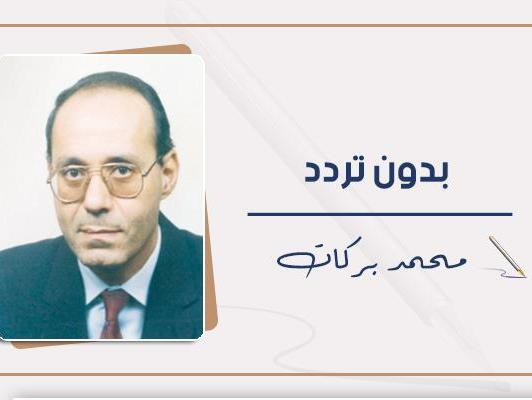WikiLeaks founder Julian Assange has returned to his native Australia, concluding a 14-year legal struggle with the US justice system. Assange’s homecoming follows his plea of guilty to a single espionage charge, an agreement that spared him from a potential 175-year sentence. Upon his arrival in Canberra, he was greeted by his wife Stella and his father, signifying a moment of relief and reunion for his family. The Australian government, led by Prime Minister Anthony Albanese, has been credited with playing a pivotal role in the negotiations leading to Assange’s release. However, the deal has not been without its detractors, with Opposition foreign affairs spokesman Simon Birmingham criticizing the government’s involvement as unnecessary and inappropriate and the US State Department maintaining that Assange’s actions endangered lives despite no specific examples being provided and the UN raising concerns about human rights implications. Assange’s lawyer, Jennifer Robinson, has stated that he needs time to recover and that the family requests privacy. Meanwhile, Assange’s wife Stella has launched a fundraising campaign to cover the costs of the charter flight that brought him home, which is nearing its financial target.
Key points
- Julian Assange has returned to Australia after a 14-year legal battle and a plea deal with the US.
- Assange pleaded guilty to a single espionage charge and was released, having served his sentence in UK custody.
- The Australian government’s advocacy is credited for his release, but the decision has sparked political debate.
- Assange’s family, including his wife Stella, seeks privacy as they focus on his recovery and reacclimation.



